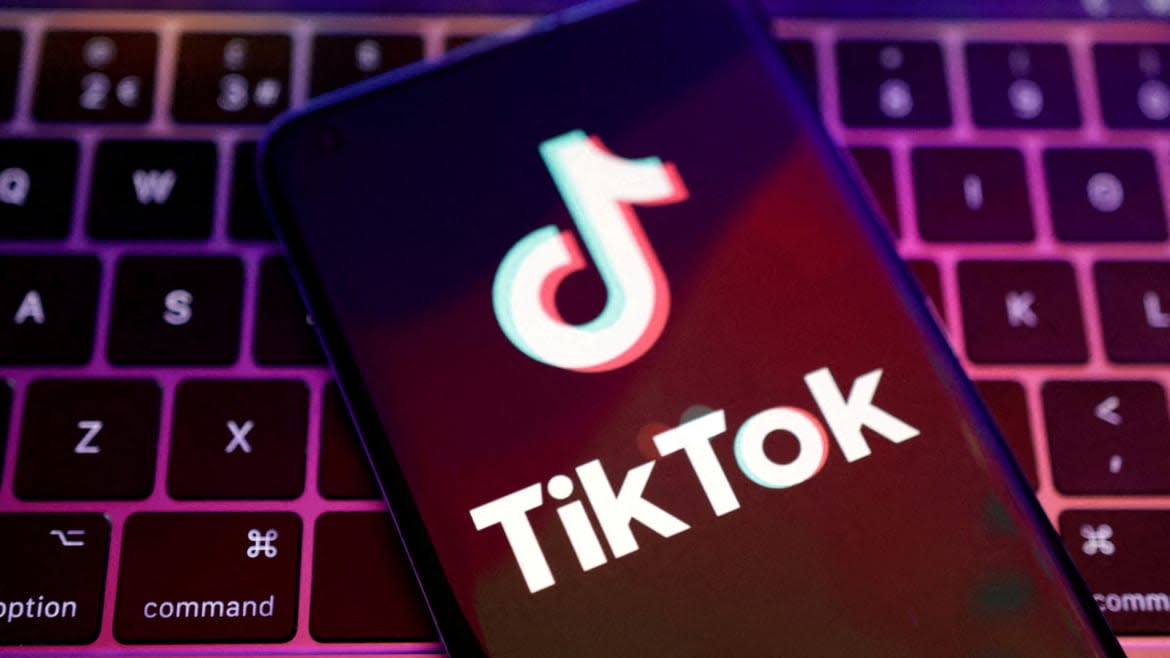Senate Votes in Favor of TikTok Ban Unless Chinese Parent Company Divests

The U.S. Senate voted in favor of a bill on Tuesday that will ban TikTok in the U.S. unless its Chinese parent company, ByteDance, divests entirely from it.
Voting was lopsided in favor of passing the bill, with just 18 senators voting against it. That vote comes on the heels of the legislation passing the House with a vote of 360-58 on Saturday.
The legislation, if signed by President Joe Biden, could mean TikTok’s days are limited in the U.S. as ByteDance has indicated it has no plans to remove itself from the social network it founded.
The bill garnered strong bipartisan support, possibly because it was built into legislation that included a broader foreign-aid package for Ukraine, Israel, and Taiwan that’s worth $95.3 billion.
TikTok Is One Step Closer to Being Sold After House Vote
Biden has publicly spoken in favor of both the foreign aid package and TikTok ban, confirming in a statement Tuesday night he’ll soon sign the legislation into law.
“I will sign this bill into law and address the American people as soon as it reaches my desk tomorrow so we can begin sending weapons and equipment to Ukraine this week,” he said.
It is unfortunate that the House of Representatives is using the cover of important foreign and humanitarian assistance to once again jam through a ban bill that would trample the free speech rights of 170 million Americans, devastate 7 million businesses, and shutter a platform…
— TikTok Policy (@TikTokPolicy) April 18, 2024
Once signed, ByteDance would have roughly nine months to sell the wildly popular app or face a national ban—a deadline Biden will be permitted to push back by 90 days if he wishes. Lawmakers cited data-sharing with the Chinese government and privacy concerns as the reason behind their push to ban the social network.
In a sit-down with NBC’s Lester Holt, FBI Director Christopher Wray detailed the dangers of TikTok, claiming its a “national security concern.” He added that ByteDance is “beholden to the Chinese government,” which is run by the Chinese Communist Party.
“I would say to you is that they are currently attempting to steal our AI and hack American technology every day,” he said.
TikTok has over 170 million users in the U.S. after it exploded in popularity during the COVID-19 pandemic and maintained momentum into 2024, especially among Gen Z. The bill is the most significant crackdown on TikTok at the federal level to date. Some states, like Montana, have tried to initiate a ban at the state level, only to be challenged in court.
Like it’s done in state cases, TikTok has signaled it will challenge the measure in U.S. courts, claiming the ban violates Americans’ right to free speech.
TikTok has harshly criticized lawmakers for tying the TikTok ban to a foreign aid package, saying in a statement last week: “It is unfortunate that the House of Representatives is using the cover of important foreign and humanitarian assistance to once again jam through a ban bill that would trample the free speech rights of 170 million Americans.”
I am grateful to the United States Senate for approving vital aid to Ukraine today.
I thank Majority Leader Chuck Schumer @SenSchumer and Republican Leader Mitch McConnell @LeaderMcConnell for their strong leadership in advancing this bipartisan legislation, as well as all US…— Volodymyr Zelenskyy / Володимир Зеленський (@ZelenskyyUa) April 24, 2024
Word of the foreign aid’s passage also made ripples internationally on Tuesday. That package will send $8 billion to Taiwan, $26.38 billion to Israel, and $60.84 billion to Ukraine.
Ukrainian President Volodymyr Zelensky issued a statement on the bill’s passing, saying, “I’m grateful to all Americans who continue to support Ukraine and realize that the historical significance of this bill goes beyond politics.”
Get the Daily Beast's biggest scoops and scandals delivered right to your inbox. Sign up now.
Stay informed and gain unlimited access to the Daily Beast's unmatched reporting. Subscribe now.


